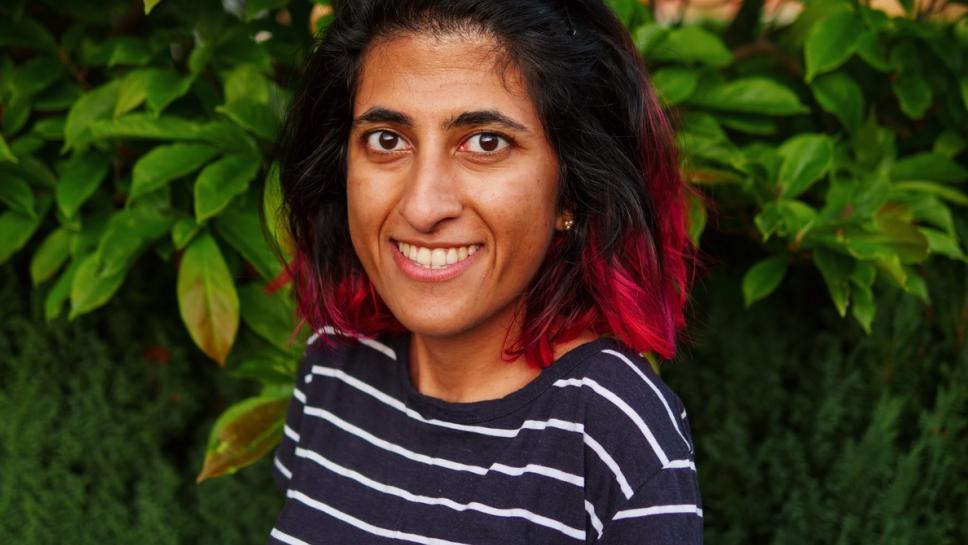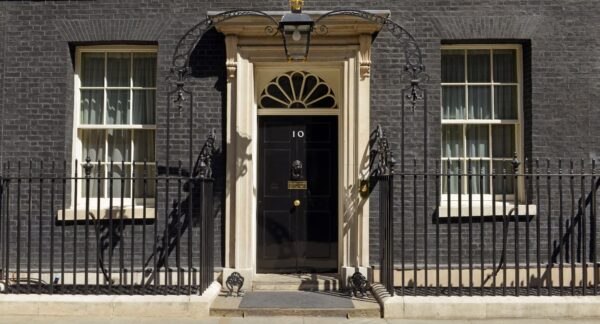Here, Mathy Selvakumaran shares her perspective on making venues more wheelchair accessible
COP26: accessibility is not difficult to get right

Earlier this week, Israeli minister Karine Elharrar was excluded from the COP26 summit after she was unable to gain access with her wheelchair.
Upon arriving at event site on Monday, Karine Elharrar, who has muscular dystrophy, had to wait outside for two hours and said event organisers refused to let her enter the summit area in her adapted vehicle.
She was later offered shuttle transport to the summit, but the bus was not wheelchair accessible, and she was forced to return to her hotel 50 miles away in Edinburgh.
When I saw the story, I was shocked but unfortunately not surprised. It’s a situation to which I, and many other disabled people, are far too accustomed: turning up to schools, jobs, events, and finding out that steps and curbs, heavy doors, or no accessible parking have made a place entirely inaccessible.
And it’s not just physical access: problems such as overstimulating environments, a lack of assistive technology, large-print resources, captioning or audio descriptions; even attitudinal barriers to disabilities. These are problems we are forced to face on a daily basis.
But that shouldn’t have to be the case.
In response to the situation, Israeli Foreign Minister Yair Lapid said, “You can’t worry about the future and climate if you don’t worry first about humans and accessibility.”
The fact that COP26 was not made accessible sends an inadvertent message to 15% of the world’s population: disabled people are not welcome here.
And whether or not this particular instance was indeed an honest and ‘genuine mistake’ as many have said, it’s a mistake that should not be being made in this day and age.
We must acknowledge that society as a whole has failed to take into account the needs of disabled people. The responsibility shouldn’t have to fall to individuals to ask for accessibility; it should be the responsibility of government, organisations and individuals across society to identify and implement changes to remove barriers (physical, attitudinal or otherwise) and make society more accessible.
I’ve lost count of the number of times I’ve come across too steep ramps, too small lifts or toilets, and other ‘inaccessible’ accommodations that were clearly put in place by able-bodied people ‘assuming’ they understand access needs.
I applauded Israel’s Prime Minister Naftli Bennett who said that he wouldn’t attend the next day of COP26 if the wheelchair access was not fixed to allow Elharrar to attend as well. However, it shouldn’t have to come down to gestures such as this for disability access to be taken more seriously by organisers.
Accessibility shouldn’t be an afterthought or an oversight, nor should it be seen as an exercise in box-ticking. It is a human right, and something that should be considered by us all every single day.
Robert Burley, Director of Care, Communications and Support at MDUK, said: “We are deeply disappointed that it seems wheelchair accessibility was not taken into full consideration at COP26, especially at such a high-profile event when organisers would have known who was attending well in advance. This is yet another frustrating example of the barriers that exclude disabled people from society on a daily basis. It sadly echoes the experiences we hear from many people living with muscle-wasting conditions of being turned away from events and venues or having to cut short days out because of accessibility issues. We remain committed to helping tackle the exclusion that disabled people face on a daily basis and improving disabled accessibility, such as through our Changing Places toilets campaign.”


